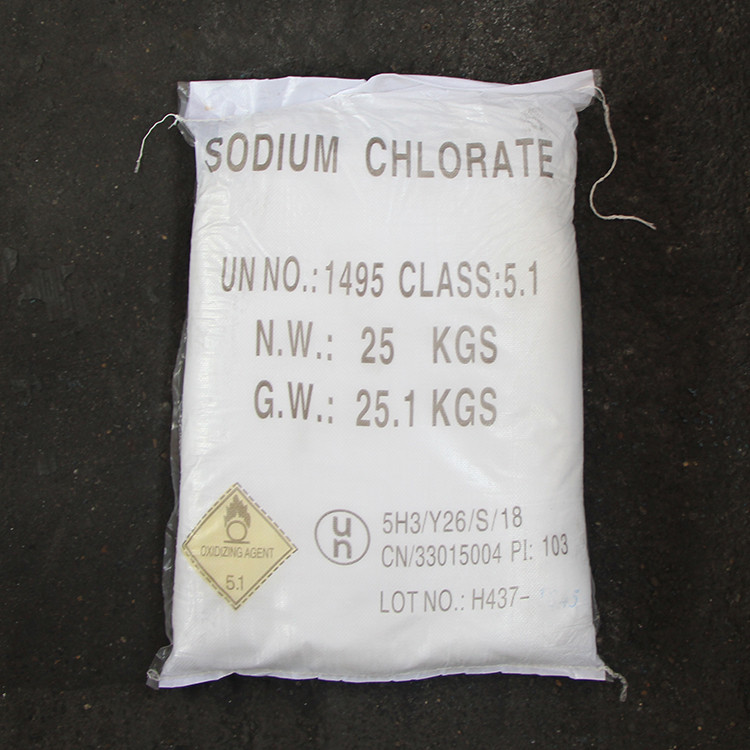



mono potassium phosphate 0-52-34
Understanding Mono Potassium Phosphate (MKP) 0-52-34 A Comprehensive Overview
Mono potassium phosphate, often abbreviated as MKP, is a widely used inorganic compound in the agriculture industry, particularly as a fertilizer. Denoted as 0-52-34, it signifies that this compound contains 0% nitrogen, 52% phosphorus (P2O5), and 34% potassium (K2O). The specific ratio of these macronutrients makes MKP an essential choice for various crops during key growth stages.
Composition and Properties
The chemical formula of mono potassium phosphate is KH2PO4. This compound is highly soluble in water, making it an effective source of potassium and phosphorus when applying fertilizers. MKP is a white, crystalline powder with a slightly acidic pH. This property is beneficial as it helps to prevent certain diseases in crops that thrive in acidic environments.
Phosphorus is crucial for root development, flowering, and fruiting. A high phosphorus content in MKP promotes vigorous root growth and improves flowering and fruit set. Potassium, on the other hand, is vital for improving plant resilience against diseases and environmental stresses. For instance, potassium enhances drought resistance, cold hardiness, and promotes chlorophyll synthesis, which is fundamental for photosynthesis.
Application in Agriculture
MKP is particularly advantageous for high-value crops such as fruits, vegetables, and ornamental plants. Farmers often apply it during the planting stage or early growth stages to ensure optimal nutrient availability. Since MKP can be mixed easily with other fertilizers and is compatible with many water-soluble fertilizers, it facilitates efficient fertilization programs.
One recommended method of application is through fertigation, where MKP is dissolved in irrigation water. This approach allows for precise control of nutrient delivery, enhancing the efficiency of nutrient uptake by plants. Furthermore, because of its high solubility, MKP is ideal for foliar applications, enabling quick absorption through the leaves, which can be especially beneficial during critical growth periods.
Benefits of Using MKP 0-52-34
mono potassium phosphate 0-52-34

2. Improved Crop Quality With its ability to enhance flowering and fruiting, MKP contributes to higher yields and improved quality of crops, making it an attractive option for farmers looking to maximize production.
3. Disease Resistance The potassium content helps plants build resilience against common diseases and pests, reducing loss due to such factors.
4. Soil Health Regular use of MKP can improve the overall nutrient profile of the soil, which is essential for sustainable agricultural practices.
5. Environmental Benefits The precise application methods reduce the likelihood of nutrient runoff into water systems, thereby decreasing the environmental impact associated with fertilizers.
Challenges and Considerations
While MKP offers many advantages, there are considerations growers should keep in mind. Overapplication can lead to nutrient imbalances in the soil, affecting not just the crops but also the surrounding ecosystem. It is crucial to conduct soil tests and understand the specific nutrient needs of the crops being cultivated.
Additionally, MKP's high phosphorus content may not be suitable for all soil types, particularly those that already have sufficient phosphorus levels. In such cases, it may be necessary to balance its use with other fertilizers that offer a different nutrient composition.
Conclusion
Mono potassium phosphate (MKP) 0-52-34 is a powerful tool in modern agriculture, providing essential nutrients that support the growth and development of high-value crops. Its unique composition allows for easy application and rapid nutrient availability, making it a preferred choice among farmers and agronomists. However, like all agricultural inputs, it must be used judiciously and in conjunction with comprehensive soil and crop management practices to achieve the best results. Understanding the properties and benefits of MKP can help ensure optimal crop production while promoting environmental sustainability.
-
Why Sodium Persulfate Is Everywhere NowNewsJul.07,2025
-
Why Polyacrylamide Is in High DemandNewsJul.07,2025
-
Understanding Paint Chemicals and Their ApplicationsNewsJul.07,2025
-
Smart Use Of Mining ChemicalsNewsJul.07,2025
-
Practical Uses of Potassium MonopersulfateNewsJul.07,2025
-
Agrochemicals In Real FarmingNewsJul.07,2025
-
Sodium Chlorite Hot UsesNewsJul.01,2025










